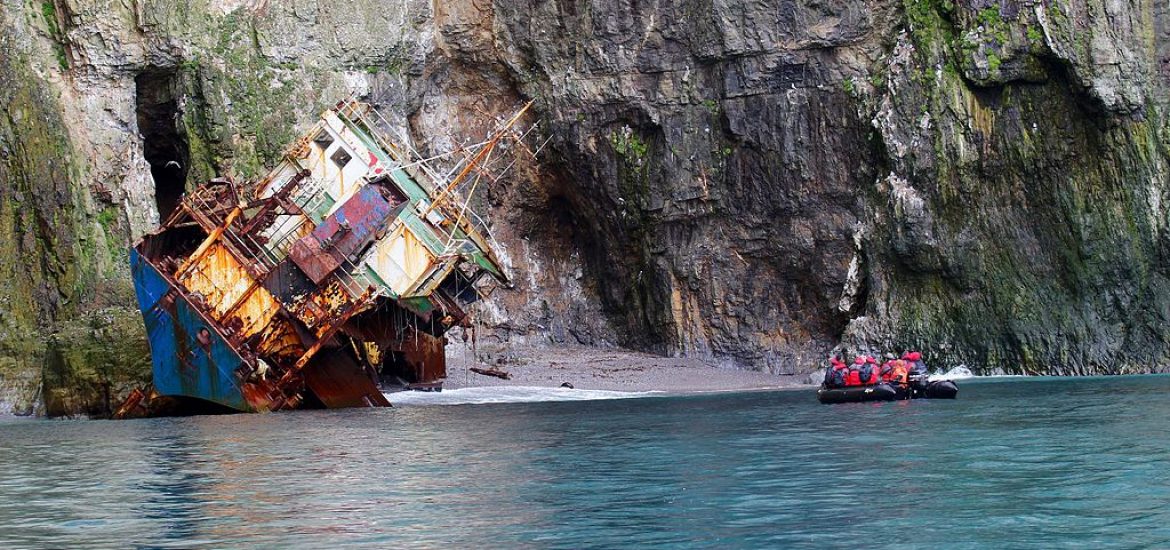
Norway has awarded 12 oil and gas exploration licences to its state-run giant Equinor and 10 other firms focused mostly on Arctic exploration, where the government believes there is the greatest potential for major discoveries.
Nine of the licences are in the Barents Sea and three in the Norwegian Sea, Oslo’s Ministry of Oil and Energy said.
“This licensing round confirms that the oil companies see opportunities for further profitable petroleum activity in the north,” said minister Terje Soeviknes.
Equinor, which recently rebranded from Statoil to demonstrate its move away from fossil fuels, was awarded five licences and will be a non-operating participant in another two.
“In contrast to the awards of the 23rd licensing round, the majority of these awards are less mature and therefore require more work before the drilling candidates are ready,” Equinor announced.
The award includes one firm commitment to drill an exploration well in the southwest of the Barents Sea, it said.
Shell, Norway’s Aker BP, Swedish Lundin, Austrian OMV and Spirit Energy, a joint venture between the UK’s Centrica and German Bayerngas, were also offered operator licences.
Lundin Petroleum said it had been awarded three exploration licences in the round.
All of the Lundin licences are in the southern Barents Sea with one to be operated by Lundin Norway.
Licence operators determine exploration programmes and sign contracts with suppliers, in coordination with other partners.
DEA, Idemitsu, M Vest Energy, VNG and Wintershall were awarded participating interest.
The companies applying for blocks in the 24th licensing round fell to 11 from 26 in the previous round in 2016, with analysts pointing to last year’s disappointing exploration operations that resulted in just a few minor discoveries.
Aker BP won operator licences in two licences near Bear Island, although the government said drilling would be prohibited between April 1 and August 15 to protect nesting grounds for Arctic birds.
The restriction was added during coalition talks after Norway’s parliamentary election in September 2017.
Environmental groups have protested against oil exploration in the Arctic, pointing to Norway’s talk of reducing carbon emissions.
Greenpeace and other green groups recently lost a lawsuit arguing that Norwegian Arctic exploration was unconstitutional and should be banned as it violated the right to a clean environment.
Oil and gas account for about two-fifths of Norwegian exports and helped to build the world’s largest sovereign wealth fund, which owns on average 1.4 per cent of all listed shares worldwide.
A Russian shipwreck on Bear Island. Norway’s Arctic is particularly vulnerable to oil spills. Picture credit: Wikimedia





